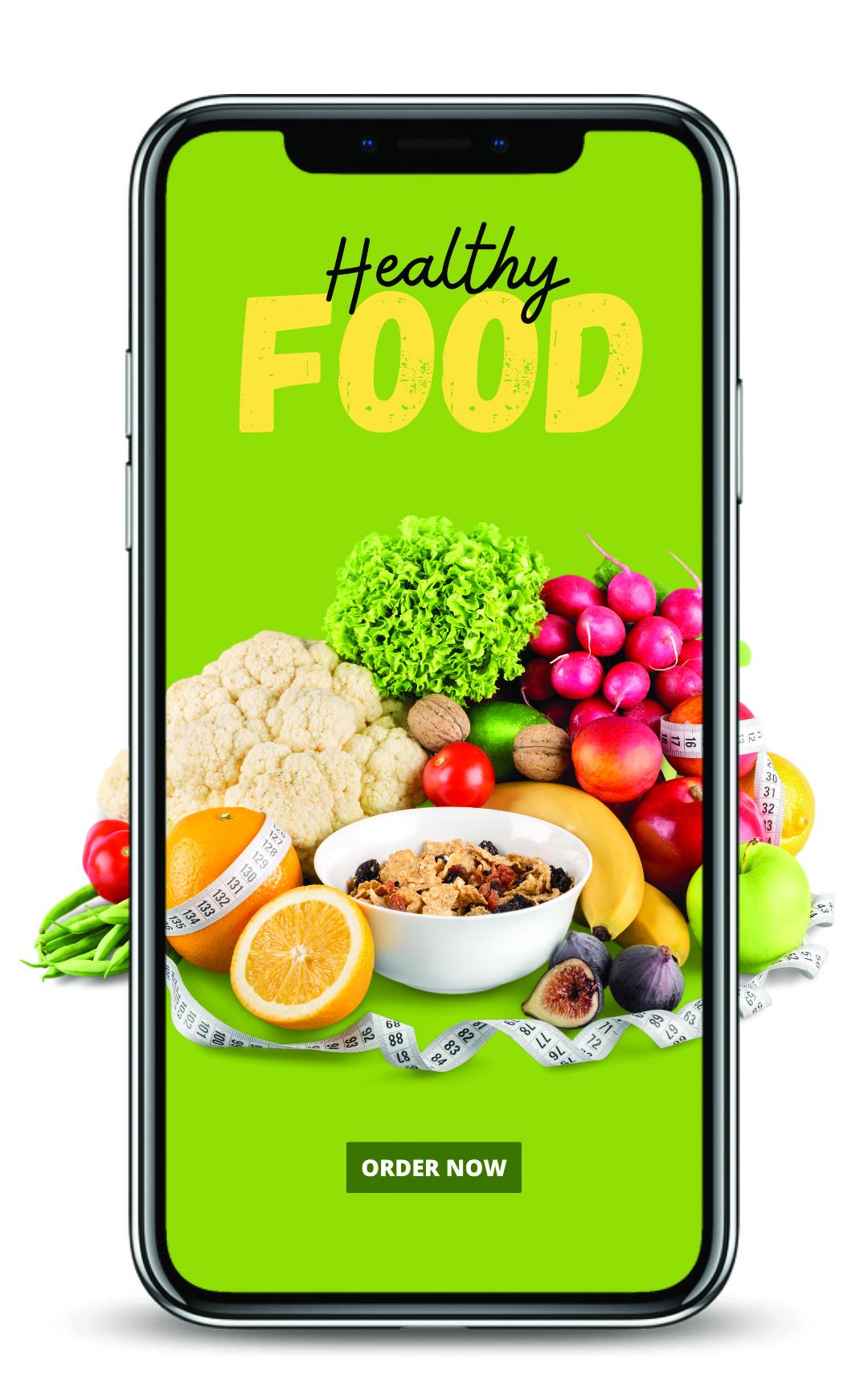Getting the Most Out of Health-and-Wellness Tech
Three important factors make the environment right for using health-and-wellness technology to reach shoppers with personalized information. First, more than eight in 10, or 82% of, American consumers consider wellness a top or important priority in their everyday lives, according to the 2023 McKinsey Future of Wellness Survey. Second, apps and wearable health-tracking devices are popular with American adults, with about 40% using apps and 35% using wearable devices, a 2023 Morning Consult survey found. Finally, nearly one in five American consumers and one in three American Millennials prefer personalized products and services, according to McKinsey.
[RELATED: What Does the Road Ahead Look Like for Personalization?]
Retailers on Board
An increasing number of retailers are delivering personalized health-and-wellness information to shoppers through their apps and websites.
One example is Albertsons Cos.’ Sincerely Health digital health-and-wellness platform, which encompasses several aspects of well-being. To start, shoppers complete a questionnaire that measures their personalized Health Score based on seven dimensions of well-being: nutrition, activity, sleep, physical health, mental well-being, mindfulness and healthy habits. Shoppers can link their activity trackers to the platform, and set and track health goals related to nutrition, activity, sleep and lifestyle. A nutrition insights tool calculates how many of a shopper’s food purchases meet USDA MyPlate dietary guidance, and provides personalized food recommendations, recipes and articles.
For signing up to Sincerely Health, shoppers receive an incentive of up to $25 off future grocery purchases. As shoppers reach their health goals, they receive Healthy Points to redeem for coupons on nutritious foods and beverages such as fresh and frozen fruits and vegetables, nuts, and bottled water. Shoppers may also link their pharmacy account to the platform.
Retail Dietitians a Ready Resource
Grocers can call on their retail dietitians whenever health-and-wellness tech channels include food and nutrition components. Retail dietitians are key for providing personalized information, both directly to shoppers through online consultations and classes, and indirectly as content advisors and developers.
For instance, H-E-B dietitians provide telehealth visits that offer shoppers interactive features like sharing their pantry or taking a virtual shopping tour. Meijer’s new virtual personalized nutrition coaching service gives shoppers the convenience of receiving several nutrition services online from a Meijer registered dietitian. Depending on an individual’s needs, dietitians may provide assessment, monitoring and evaluation based on diet, lifestyle, medical history and nutritional needs, nutrition education and personalized meal plans, nutritional coaching for health conditions such as diabetes and cardiovascular issues, food allergy management, weight management, and behavior change support.
Behind the scenes, retail dietitians lend accuracy and credibility to the personalized nutrition data that shoppers receive via apps and websites. Among other things, dietitians work on the nutrition aspects of health scoring systems; create nutrition content for health platforms, including articles, meal plans, tips, shopping lists and recipes; provide specialized information for shoppers with health concerns (diabetes, heart health, weight management, etc.); and develop product nutrition criteria for foods and online product filters (gluten-free, high-protein, vegetarian, etc.).







